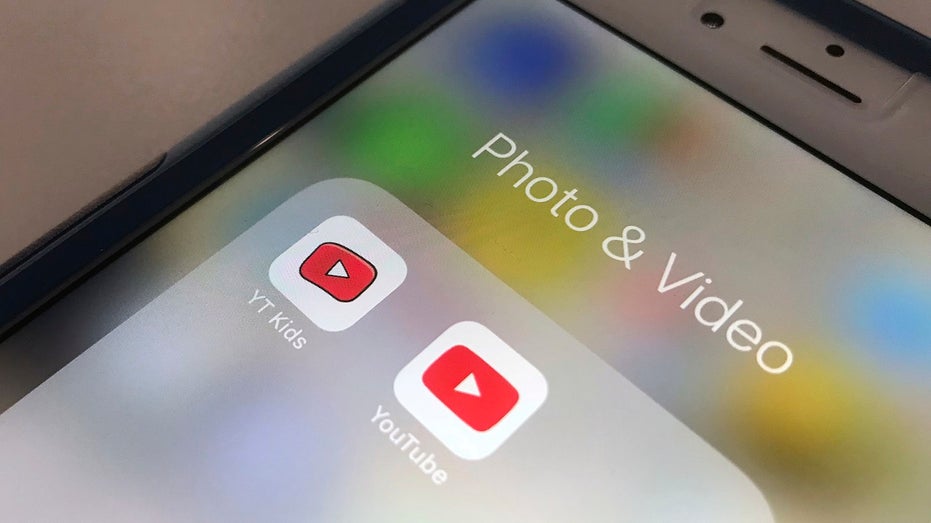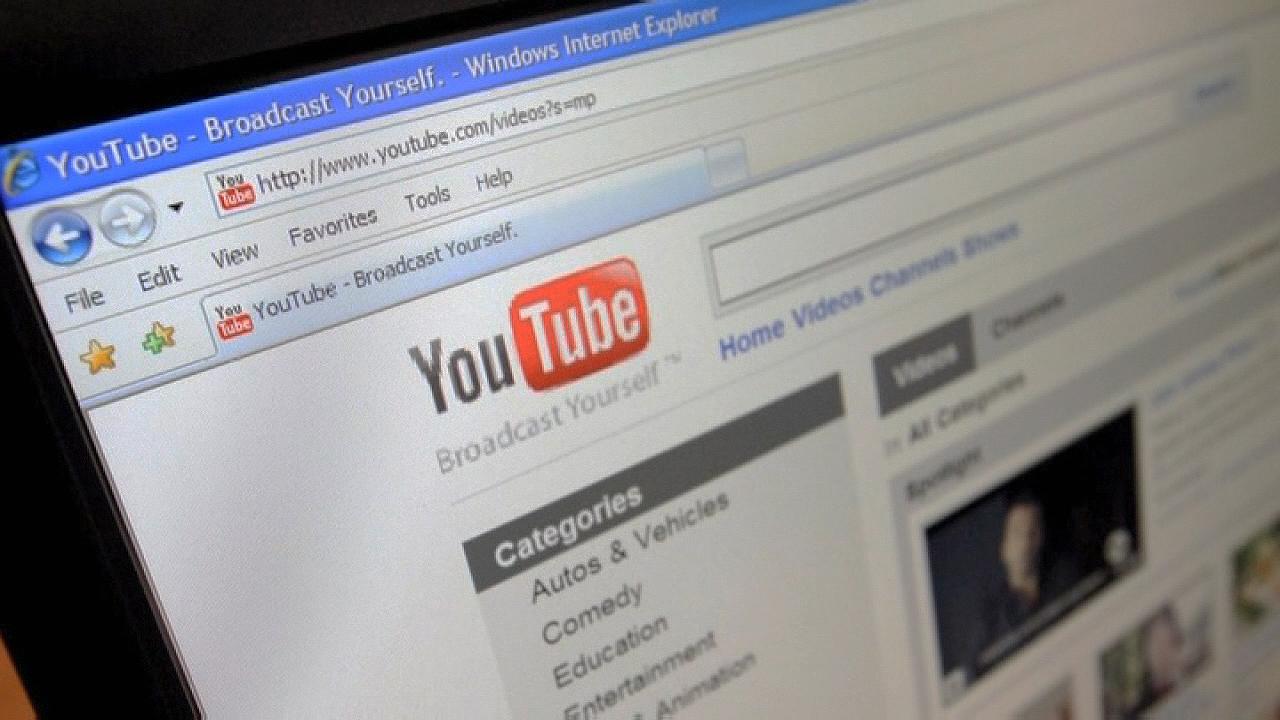YouTube rolls out changes to children’s content
FTC settlement
YouTube changed how it collects data related to children's content after it paid $170 million to settle allegations that it violated child information protection laws by illegally collecting children's personal data.
The Google-owned video platform agreed to pay the historic sum to the Federal Trade Commission in September because it had been accused of illegally collecting children's personal data without parental consent through ads on videos with young audiences, according to the FTC.
The changes, which were first announced Sept. 4 after the FTC fined the company, will require content creators to specify whether the videos they upload are "made for kids" or "not made for kids." The platform will also designate data from anyone watching children's content as data from a child, whether that person is actually a child or not, according to a Monday blog post.

FILE - In this Wednesday, April 25, 2018, file photo, the YouTube app and YouTube Kids app are displayed on a smartphone in New York. (AP Photo/Jenny Kane, File)
"Creators know their content best, and should set the designation themselves," the post reads. "We also use machine learning to help us identify this content, and creators can update a designation made by our systems if they believe it is incorrect. We will only override a creator designation if abuse or error is detected."
WILL BIG TECH HAVE TO PAY UP TO RESOLVE FEDERAL PROBES?
YouTube's platform was originally intended for children ages 13 and up only, it said in its Sept. 4 statement that it recognized that " with a boom in family content and the rise of shared devices, the likelihood of children watching without supervision has increased."
YouTube took in millions of dollars by tracking children under the age of 13 through online identifiers called cookies. YouTube used the cookies to deliver targeted ads to viewers of children's channels on the site, the FTC said in September.

A woman interact with the YouTube app. on an iPhone .
The advertising networks involved are technically third parties but they still must comply with COPPA if they have knowledge that they are collecting information directly from users of children's websites and online services like the YouTube channels in question.
GET FOX BUSINESS ON THE GO BY CLICKING HERE
"YouTube touted its popularity with children to prospective corporate clients," FTC Chairman Joe Simons said in a September statement. "Yet when it came to complying with COPPA, the company refused to acknowledge that portions of its platform were clearly directed to kids. There’s no excuse for YouTube’s violations of the law."
CLICK HERE TO READ MORE ON FOX BUSINESS
Evie Fordham contributed to this report.




















